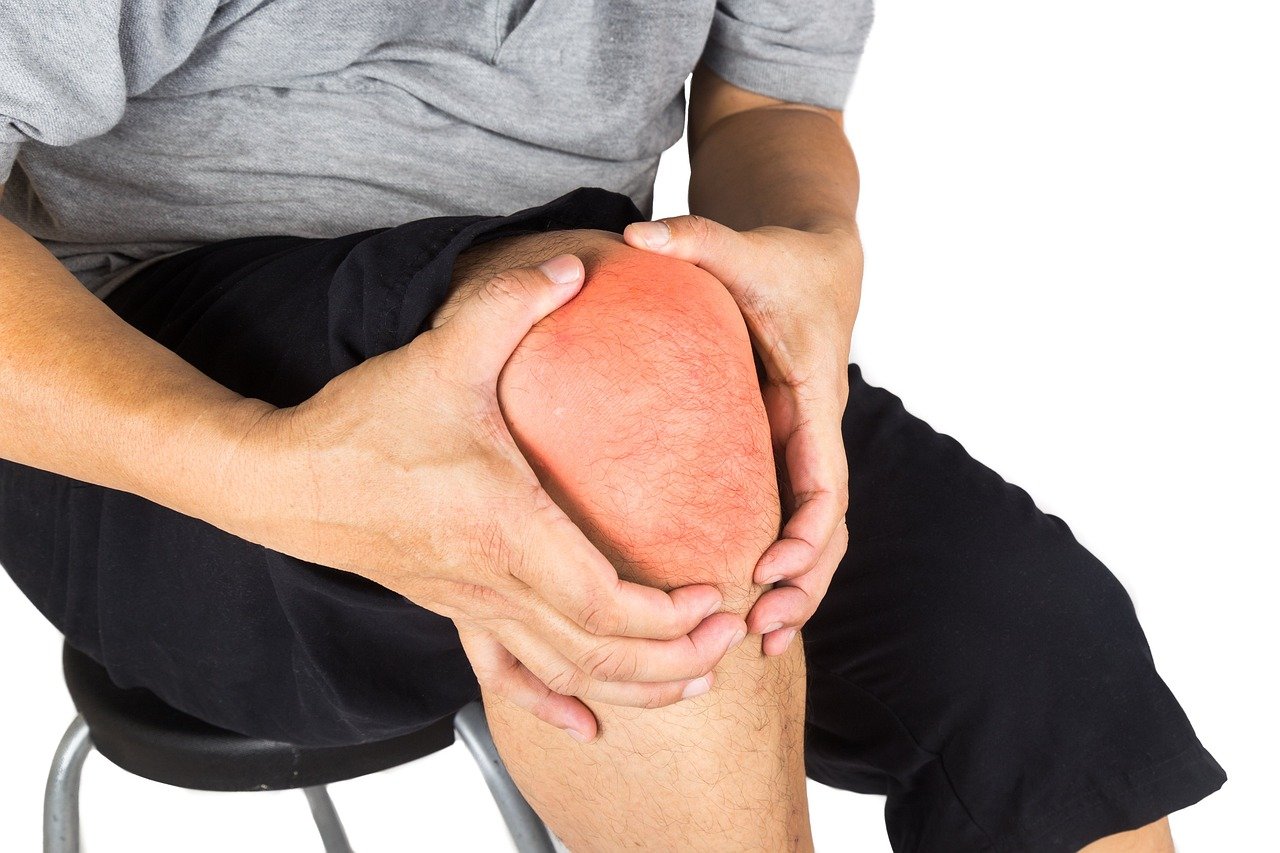Knee Pain When Bending: A Physiotherapist’s Guide
Knee pain when bending can be a frustrating and debilitating issue that affects many individuals of all ages and activity levels. Whether it’s caused by an injury, overuse, or underlying conditions such as arthritis, finding relief and effectively managing this discomfort is crucial for maintaining mobility and quality of life.
In this blog post, we’ll delve into the common causes of knee pain when bending, practical tips for managing it, and how physiotherapy can play a pivotal role in alleviating symptoms and promoting recovery.
Understanding the Causes:
1) Injury: Acute injuries such as ligament tears, meniscal tears, or patellar dislocation can lead to knee pain, especially during bending movements.
2) Overuse: Repetitive stress on the knee joint due to activities like running, jumping, or kneeling can cause inflammation and pain, particularly when bending.
3) Arthritis: Osteoarthritis, rheumatoid arthritis, or other forms of inflammatory arthritis can deteriorate the knee joint, resulting in pain and stiffness, especially with bending.
4) Muscle Imbalances: Weakness or tightness in the muscles surrounding the knee, such as the quadriceps, hamstrings, or calf muscles, can contribute to abnormal movement patterns and pain during bending.
Managing Knee Pain When Bending:
1) Rest and Ice: Resting the knee and applying ice packs can help reduce inflammation and alleviate pain, especially after aggravating activities.
2) Modify Activities: Avoid high-impact activities or movements that exacerbate knee pain, and opt for low-impact exercises like swimming or cycling.
3) Physiotherapy: Manual therapy to reduce pain, release soft tissue and improve joint range of motion. A physiotherapist can also provide education on proper movement techniques.
4) Stretching: Gentle stretching exercises for the quadriceps, hamstrings, and calves can improve flexibility and reduce tension around the knee joint.
5) Strengthening exercises targeting the muscles supporting the knee can enhance stability and reduce pain.
6) Pain Management: Over-the-counter pain medications or topical analgesics may provide temporary relief from knee pain. However, consult with a healthcare professional before starting any medication regimen.
7) Proper Footwear: Wearing supportive footwear with cushioning and stability features can reduce stress on the knees during weight-bearing activities.
How Physio Plus Can Help:
- Comprehensive Assessment: A physiotherapist will conduct a thorough assessment to identify the underlying causes of knee pain and any contributing factors such as muscle imbalances or faulty movement patterns.
- Individualised Treatment Plan: Based on the assessment findings, the physiotherapist will develop a personalised treatment plan tailored to address the specific needs and goals of the individual. This may include a combination of manual therapy, therapeutic exercises, and modalities such as ultrasound or acupuncture.
- Education and Exercise Prescription: Our physiotherapists will educate you about proper body mechanics and
ergonomics to prevent further injury and manage symptoms effectively. They will then prescribe targeted exercises to improve strength, flexibility, and proprioception, enhancing overall knee function and resilience. - Manual Therapy: Hands-on techniques such as joint mobilisation, soft tissue massage, and stretching can help reduce pain, improve joint mobility, and optimise tissue healing.
- Progressive Rehabilitation: Provide a guide through progressive rehabilitation programs, gradually increasing the intensity and complexity of exercises to promote functional recovery and return to activities of daily living or sports participation.
- Knee bracing: Physio Plus fit specialised OSSUR knee braces which are highly effective for helping manage knee osteoarthritis, enable continued performance of high impact sports and/or prevent posterior cruciate ligament surgery.
Specialised OSSUR braces on offer include:
- The Unloader One X for osteoarthritis
- CTI3 for ACL/PCL stability for sports
- Rebound cartilage for meniscal pain
- Rebound PCL for PCL surgery prevention
Knee pain when bending can significantly impact daily activities and diminish quality of life, but with the right approach, it is manageable. Physiotherapy offers a holistic and evidence-based approach to address the root causes of knee pain, alleviate symptoms, and restore optimal function and mobility. By combining personalised treatment interventions with patient education
and empowerment, physiotherapists empower individuals to take control of their knee health and lead active, pain-free lives.
If you’re struggling with knee pain when bending, don’t hesitate to contact for expert guidance and support on your journey to recovery.
Please call us now on: 028 9187 1701 or visit our Contact page.
Check us out on Instagram
Check us out on Facebook

